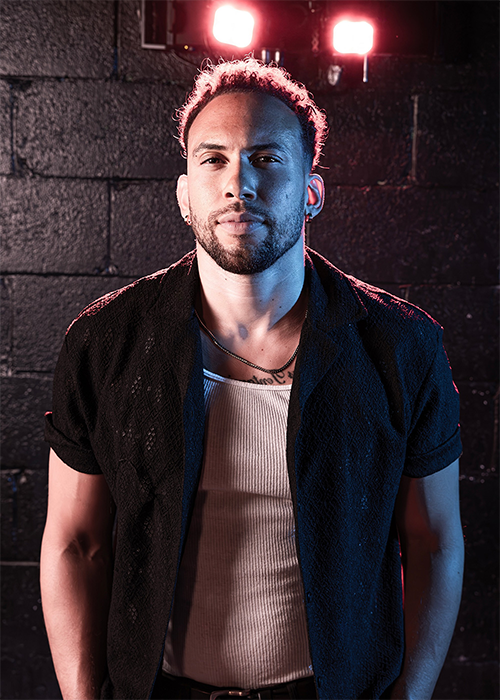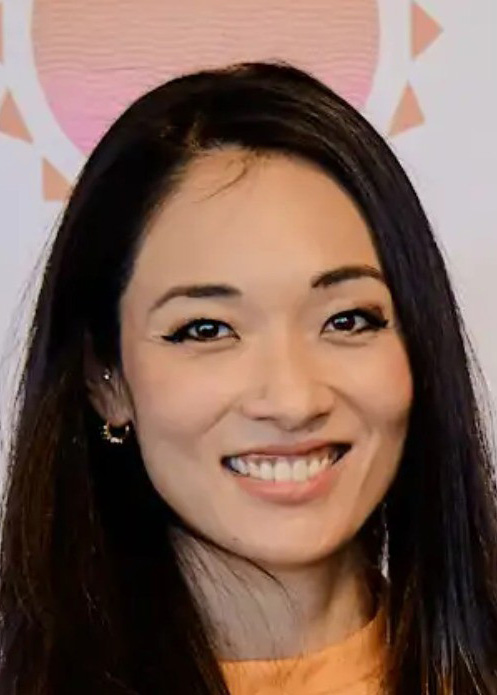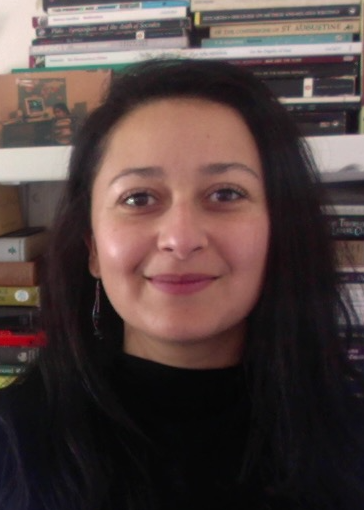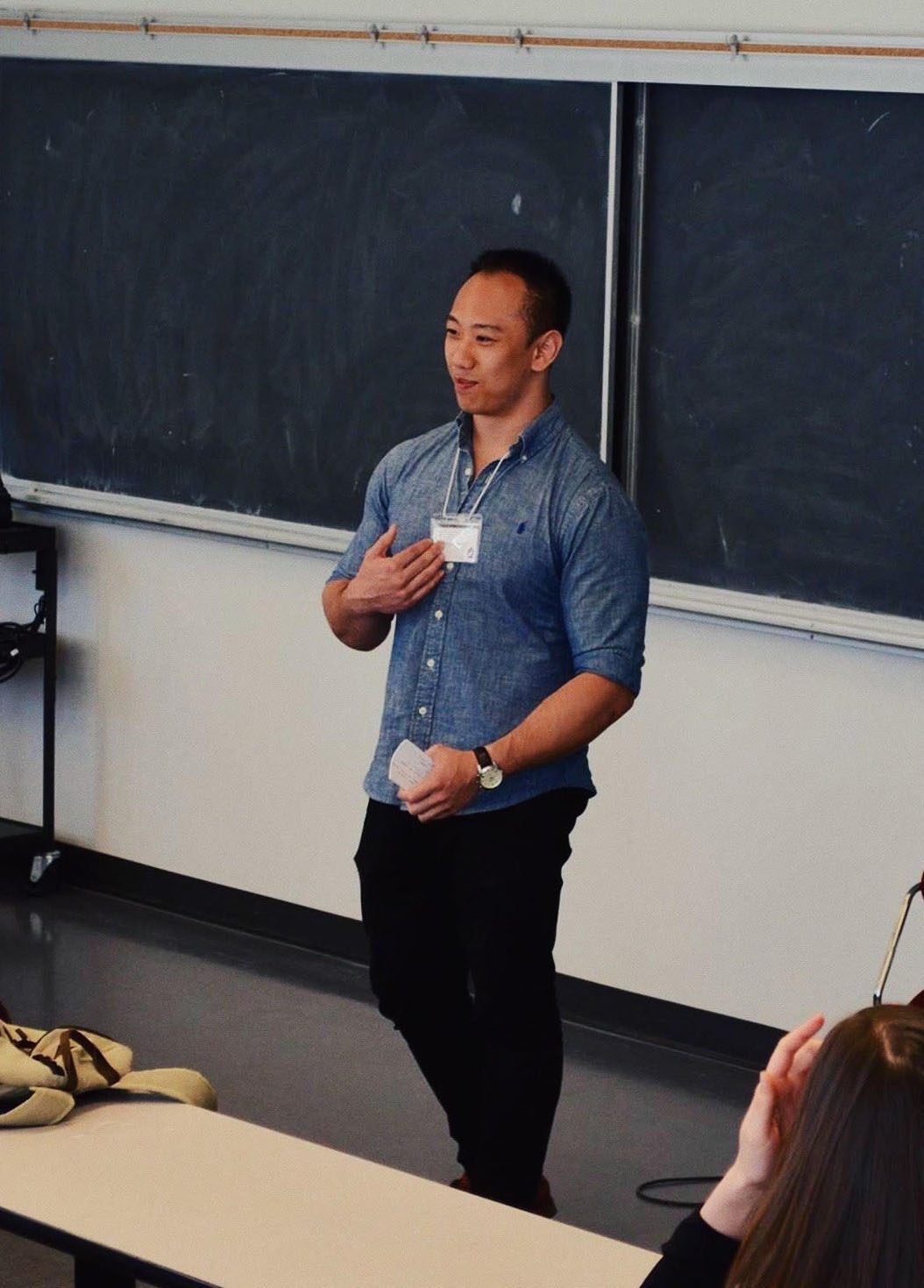Yue Yao
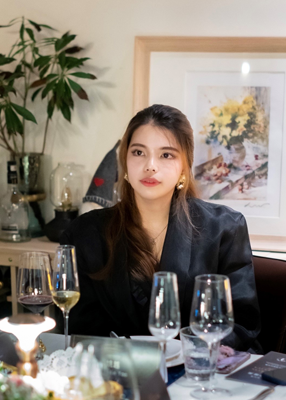
Why did you choose your program at UBC and what did you enjoy most about it?
My decision to study art history began when I was in high school in Shanghai, China. While science and mathematics had been my background up to that point, I had a growing curiosity in the humanities. Attending UBC to study art history was my first foray into a brand-new field, one that allowed for new opportunities for research and critical reading and writing. However, over the course of my bachelor’s degree, UBC taught me something even more important: the value of having a personal voice.
What were some of your most meaningful experiences at UBC?
Among my most meaningful experiences at UBC was learning how to learn. In my first year, for example, I took part in the Arts One program, which was crucial to my study of the humanities. The program’s emphasis on the close and critical reading of primary sources led to me looking deeper and asking more complicated questions of texts that ranged from Pliny the Elder to Foucault.
Arts One put me in the right mindset to pursue a major in art history, which saw me choosing between myriad opportunities for courses from a range of faculty members covering a plethora of subjects: Asian Architecture, Japanese, Chinese, and Egyptian art, not to mention the different centuries of art. As my first language was not English, I found myself able to reach out for clarity and assistance on lecture contents, an activity which my time in Arts One helped me grow comfortable with. As a result, I could take full advantage of UBC’s inclusive and supportive learning environment, which encouraged me to be a more active learner of art history.
My active learning was further enhanced by UBC’s intelligent and supportive faculty members. After publishing an article titled “Memory, Space, and Selfhood in Transition: Yin Xiuzhen’s Heterotopographic Vision of Beijing” in UBC’s Undergraduate Journal of Art History and Visual Culture, I was soon faced with the prospect of further developing the project for my Honours Thesis; my thesis supervisor Julia Orell was able to provide meaningful and intelligent feedback in this regard. Meanwhile, my interest in contemporary Chinese art motivated me to design and organize a student-directed seminar on the topic – thanks to supervisor Professor Gu Xiong, this was also a success. The support of UBC’s faculty helped shape who I would become.
What choices did you make at UBC that contributed to your career success / journey?
Quite simply, my success today began with the decision to acquire an honours degree in art history at UBC. Not only did I learn to conduct research projects on my own, but I also had great guidance available to me from UBC’s stellar faculty members. The program served as an invaluable bridge to graduate school, where most of the research and writing depends on one’s own motivation and determination.
What was your first job after graduation and what other jobs did you have before your current position?
Having earned my bachelor’s, I went directly into graduate school, where I pursued a master’s degree in art history from the University of Oxford (2021). It was only after Oxford that I decided to return to China and explore different possibilities.
It was there that I began working as a translator on a very interesting book about a Ming-dynasty artist entitled “Geo-Narratives of a Filial Son—The Paintings and Travel Diaries of Huang Xiangjian (1609–1673)” by professor Elizabeth Kindall. In addition to my translation work, I also taught AP art history part-time at an international high school in Shanghai and served as the art-panel director at the 2022 Oxford China Forum and as an opinion columnist for several art magazines.
Is your current career path as you originally intended? What challenges did you face in launching your career?
During my undergraduate studies, I contributed the lion’s share of my attention to academics, leaving very little time to think about my career path. Despite this, I still took on an internship at OCAT Institute (Non-Profit Art History Research Center), LEAP艺术界, and CAFA (Central Academy of Fine Arts) ART INFO during the summer break of each year. Though these internships were largely driven by academic interests, in the back of my mind I knew I was practicing potential future careers. In the end, however, I found myself delineating my academic interests and career path, leading to a decision to work in a bank in Shanghai. As a result, my career path has become more dynamic and diverse than I had imagined.
What do you like about your current job and what do you find challenging? How does it relate to your degree?
Currently, I am employed in a bank in Shanghai, which has been challenging in multiple ways—primarily, the transition to financial thinking from my years spent studying the humanities. Despite such transitional difficulties, I think it was important to have put my interest in art in its own critical space. Doing so has allowed me to maintain an intellectual independence, which I believe will become its own kind of reward somewhere down line – perhaps even in a future career path.
From your experience, what has been the value of having an Arts degree?
Truly, my Arts degree brought me a freedom of thought. It widened my view of the world, encouraging me to think about the fundamental questions in life, such as “Who am I?” “Where have I come from?” “Where am I going?”
What advice would you give to students and alumni interested in breaking into your industry?
As I have only just graduated in 2021, my career advice is somewhat limited; nevertheless, if I could say one thing, it would be to always be genuine and curious. Indeed, connections, working experiences, and educational backgrounds are important—but they would mean little if they meant losing your own way of thinking.
What advice would you give to your first-year self?
A Bright Future Comes Through Continuous Effort.
Yue Yao



Why did you choose your program at UBC and what did you enjoy most about it?
My decision to study art history began when I was in high school in Shanghai, China. While science and mathematics had been my background up to that point, I had a growing curiosity in the humanities. Attending UBC to study art history was my first foray into a brand-new field, one that allowed for new opportunities for research and critical reading and writing. However, over the course of my bachelor’s degree, UBC taught me something even more important: the value of having a personal voice.
What were some of your most meaningful experiences at UBC?
Among my most meaningful experiences at UBC was learning how to learn. In my first year, for example, I took part in the Arts One program, which was crucial to my study of the humanities. The program’s emphasis on the close and critical reading of primary sources led to me looking deeper and asking more complicated questions of texts that ranged from Pliny the Elder to Foucault.
Arts One put me in the right mindset to pursue a major in art history, which saw me choosing between myriad opportunities for courses from a range of faculty members covering a plethora of subjects: Asian Architecture, Japanese, Chinese, and Egyptian art, not to mention the different centuries of art. As my first language was not English, I found myself able to reach out for clarity and assistance on lecture contents, an activity which my time in Arts One helped me grow comfortable with. As a result, I could take full advantage of UBC’s inclusive and supportive learning environment, which encouraged me to be a more active learner of art history.
My active learning was further enhanced by UBC’s intelligent and supportive faculty members. After publishing an article titled “Memory, Space, and Selfhood in Transition: Yin Xiuzhen’s Heterotopographic Vision of Beijing” in UBC’s Undergraduate Journal of Art History and Visual Culture, I was soon faced with the prospect of further developing the project for my Honours Thesis; my thesis supervisor Julia Orell was able to provide meaningful and intelligent feedback in this regard. Meanwhile, my interest in contemporary Chinese art motivated me to design and organize a student-directed seminar on the topic – thanks to supervisor Professor Gu Xiong, this was also a success. The support of UBC’s faculty helped shape who I would become.
What choices did you make at UBC that contributed to your career success / journey?
Quite simply, my success today began with the decision to acquire an honours degree in art history at UBC. Not only did I learn to conduct research projects on my own, but I also had great guidance available to me from UBC’s stellar faculty members. The program served as an invaluable bridge to graduate school, where most of the research and writing depends on one’s own motivation and determination.
What was your first job after graduation and what other jobs did you have before your current position?
Having earned my bachelor’s, I went directly into graduate school, where I pursued a master’s degree in art history from the University of Oxford (2021). It was only after Oxford that I decided to return to China and explore different possibilities.
It was there that I began working as a translator on a very interesting book about a Ming-dynasty artist entitled “Geo-Narratives of a Filial Son—The Paintings and Travel Diaries of Huang Xiangjian (1609–1673)” by professor Elizabeth Kindall. In addition to my translation work, I also taught AP art history part-time at an international high school in Shanghai and served as the art-panel director at the 2022 Oxford China Forum and as an opinion columnist for several art magazines.
Is your current career path as you originally intended? What challenges did you face in launching your career?
During my undergraduate studies, I contributed the lion’s share of my attention to academics, leaving very little time to think about my career path. Despite this, I still took on an internship at OCAT Institute (Non-Profit Art History Research Center), LEAP艺术界, and CAFA (Central Academy of Fine Arts) ART INFO during the summer break of each year. Though these internships were largely driven by academic interests, in the back of my mind I knew I was practicing potential future careers. In the end, however, I found myself delineating my academic interests and career path, leading to a decision to work in a bank in Shanghai. As a result, my career path has become more dynamic and diverse than I had imagined.
What do you like about your current job and what do you find challenging? How does it relate to your degree?
Currently, I am employed in a bank in Shanghai, which has been challenging in multiple ways—primarily, the transition to financial thinking from my years spent studying the humanities. Despite such transitional difficulties, I think it was important to have put my interest in art in its own critical space. Doing so has allowed me to maintain an intellectual independence, which I believe will become its own kind of reward somewhere down line – perhaps even in a future career path.
From your experience, what has been the value of having an Arts degree?
Truly, my Arts degree brought me a freedom of thought. It widened my view of the world, encouraging me to think about the fundamental questions in life, such as “Who am I?” “Where have I come from?” “Where am I going?”
What advice would you give to students and alumni interested in breaking into your industry?
As I have only just graduated in 2021, my career advice is somewhat limited; nevertheless, if I could say one thing, it would be to always be genuine and curious. Indeed, connections, working experiences, and educational backgrounds are important—but they would mean little if they meant losing your own way of thinking.
What advice would you give to your first-year self?
A Bright Future Comes Through Continuous Effort.
